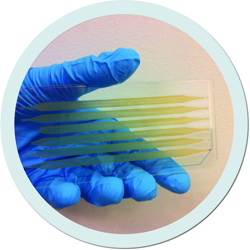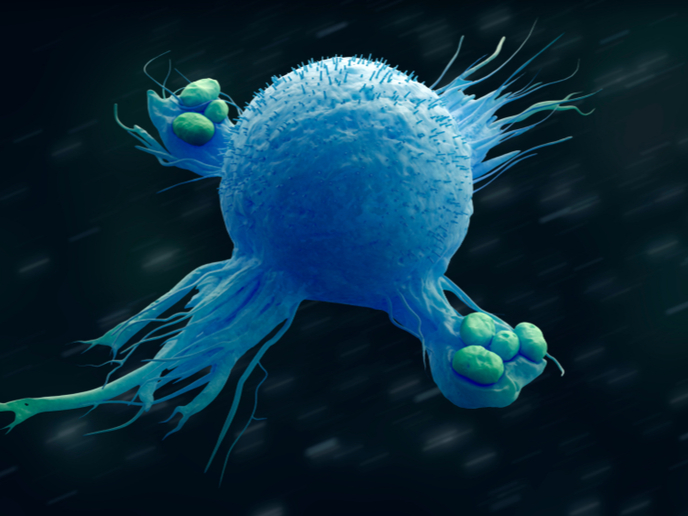New Diagnostics for Heterogeneous Genetic Diseases
Since the advent of genome sequencing, there has been increased demand for gene analysis to be included in therapy. Unfortunately, most genetic diseases are caused by the input of many genes and are highly heterogeneous. The recently developed technology 'Massively Parallel Sequencing' (MPS) provides the capacity to screen for analysing several genes in parallel. Using this high-throughput whole genome sequencing (WGS) method, the EU-funded project Techgene aimed to tailor gene sequencing methods to fit specific genetic diseases. For the initial part of this project the focus was on two steps. First, patient samples were analysed for mutations. From there, high-throughput sequencing (HTS) reagents and protocols could be developed for known and unknown mutations. Techgene researchers refined HTS techniques for many complex genetic disorders. These include haemoglobinopathy, breast cancer, sensory disorders such as retinal dystrophies and hearing loss, paraplegia and ataxia, as well as many mental retardation syndromes. For breast cancer, two different mutation scanning methods were tested and enrichment steps developed and assessed. Substantial progress was also made for neurological motor dysfunctions. Project partners also worked to develop a joint gene capture tool for genetic motor disorders for recessive ataxia and paraplegia incorporating over 100 genes which is to be extended to dystonia and hereditary Parkinson's. The Techgene team also tested several alternative strategies for gene capture and amplification including Raindance that eliminates enrichment bias. Dissemination was achieved through the website at http://www.techgene.eu/project(opens in new window) scientific publications and at conferences. For training, four workshops were held and a training facility set up in Prague. Always a consideration in genetic diagnostics, the project has analysed legal and ethical issues according to specific country requirements. The analysis is being prepared in collaboration with the public and professional policy committee of the European Society of Human Genetics. Evaluation of cost-effectiveness and economic impact of the introduction of the new HTS into clinical practice was commenced, with breast cancer being selected for the first model. Work by the Techgene project promises to put European research at the forefront of this important diagnostic field.







